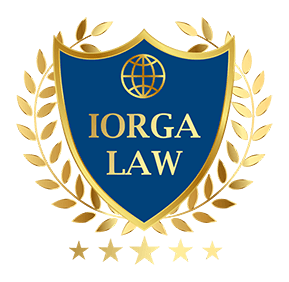The short answer to this question is no, a PPP small business loan should not affect your visa renewal or green card application.
A PPP loan is not considered a public benefit under the expanded public charge rule even if you qualify for loan forgiveness.
The new rule, which has been in effect since February, expanded the list of public benefits and circumstances immigration officials use to determine whether an individual is dependent on government benefits or at risk of becoming dependent. Both are grounds for immigration officials to deny a visa, visa renewal or green card.
Under the expanded policy, immigration officials could deem an individual a “public charge” if that individual has received a government benefit for more than 12 months during a three-year period. (Using two types of benefits in a single month counts as two months.) Immigration officials will also consider an individual’s income, financial assets and liabilities, health, education, skills and other factors to determine whether that individual is dependent or could become dependent on public benefits in the future.
In a recent column, I listed what is — and isn’t — considered a public benefit and the type of information immigration officials will consider when making their determination. Disaster relief, such as a PPP loan, stimulus check or other COVID-19-related assistance, is not considered a public benefit and is not a factor considered in a public-charge analysis. Even so, remember that your company — not you personally — is the prospective borrower. Moreover, immigration officials will weigh several factors when making their public-charge determination. Receiving one public benefit will not necessarily doom your chances for a visa renewal or green card.
As you know, you do not need to be a permanent resident or a U.S. citizen to apply for a PPP loan, which is administered by the Small Business Administration (SBA). Eligible small businesses, sole proprietors, independent contractors and self-employed individuals can apply for a PPP loan of up to $10 million. Borrowers must submit an application for a PPP loan through a qualified SBA lender. No personal guarantee or collateral is required.
There are no fees associated with applying for a PPP loan, and payments of principal and interest are deferred for at least six months and up to one year. A PPP loan will be forgiven if all the company’s employees are kept on the payroll for eight weeks after the loan is made, employee compensation levels are maintained and proceeds of the loan are only used to cover payroll costs, rent, mortgage interest and utility costs. Payroll costs include salary, wages, commissions and tips capped at $100,000 on an annualized basis for each employee; wages, commissions, income or net earnings for sole-proprietor or independent contractor capped at the same amount; vacation, parental, family, medical or sick leave; payments for healthcare or retirement benefits; and state and local taxes assessed on compensation.
In addition to PPP, the SBA offers the Economic Injury Disaster Loan (EIDL), which is also exempt from the public charge rule. The EIDL allows small business owners suffering economic injury as a result of COVID-19 to request an emergency loan advance of up to $10,000, which does not have to be repaid. The application process is relatively quick as the prospective borrower can apply directly on the SBA website without an intermediary lender and loan advances are usually issued within three days of approval.
